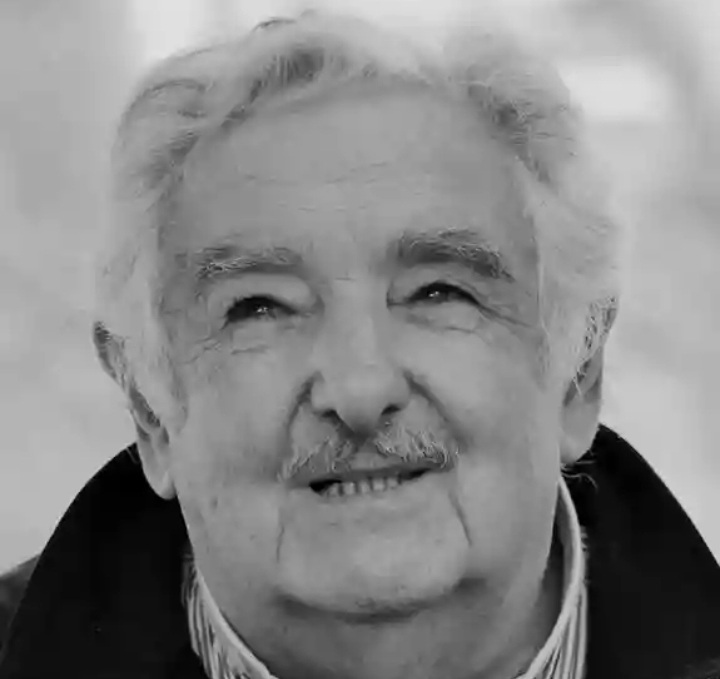José "Pepe" Mujica, former president of Uruguay, passed away at 89. A former guerrilla fighter, he became known as the "world's poorest president" for his modest lifestyle and progressive policies, including legalizing abortion, same-sex marriage, and cannabis. Leaders worldwide praised his wisdom, activism, and commitment to human rights. He is survived by his wife, Lucia Topolansky.
Former Uruguay President José Mujica Dies Aged 89


The former leftist president of Uruguay, José "Pepe" Mujica, has passed away at the age of 89, as confirmed by the current President of Uruguay, Yamandú Orsi, on Tuesday.
"With deep sorrow, we announce the passing of our comrade Pepe Mujica. President, activist, guide, and leader. We will miss you greatly, old friend," Orsi shared on X.
In May 2024, Mujica was diagnosed with esophageal cancer, which later spread to his liver. Earlier in the week, his wife, Lucia Topolansky, had announced that he was receiving palliative care.
Leaders from across Latin America and beyond have paid tribute to the late Mujica.
Former Bolivian President Evo Morales remembered Mujica fondly, saying, "I always remember his advice, full of experience and wisdom," and referred to him as a "brother."
Mexican President Claudia Sheinbaum also expressed her admiration, posting on X that Mujica was "an example for Latin America and the entire world," calling him a model of "wisdom, thought, and simplicity."
Brazil's left-wing government, led by Luiz Inácio Lula da Silva, hailed Mujica as "one of the most important humanists of our time."
Spain's Socialist Prime Minister, Pedro Sánchez, stated that Mujica "believed in, campaigned for, and lived for … a better world."
Mujica became widely known as the "world's poorest president" during his term from 2010 to 2015. A former guerrilla fighter, he donated much of his salary while in office to charity.
A vocal critic of consumer culture, Mujica often attended official events wearing sandals and rejected the luxuries typically associated with high office. Instead of living in the Residencia de Suarez presidential palace in Montevideo, he continued to reside on his modest farm located on the outskirts of Uruguay's capital.
Mujica's presidency marked a turning point for Uruguay, transforming the country into a bastion of liberal and progressive politics — a particularly remarkable feat in Latin America, a region often plagued by corruption and authoritarian regimes.
During his five years in office, Mujica legalized abortion and same-sex marriage. In 2013, he made Uruguay the first country in the world to fully legalize the recreational use of cannabis.
Mujica co-founded the Tupamaros, a Marxist-Leninist urban guerrilla movement, in the 1960s. He was shot multiple times during this period and even participated in a mass jailbreak. After the Tupamaros collapsed in 1972, he was captured and spent the entirety of Uruguay's military dictatorship (1973–1985) in prison, enduring torture and years in solitary confinement.
After his release from prison, Mujica became politically active, founding the Movement of Popular Participation (MPP) in 1989. He was elected to Congress in 1995 and became a senator five years later, before being appointed as agriculture minister in Uruguay's first left-wing government.
Mujica, who had no children, is survived by his wife, Lucia Topolansky, who is also a former guerrilla.

 বাংলা
বাংলা  Spanish
Spanish  Arabic
Arabic  French
French  Chinese
Chinese 
